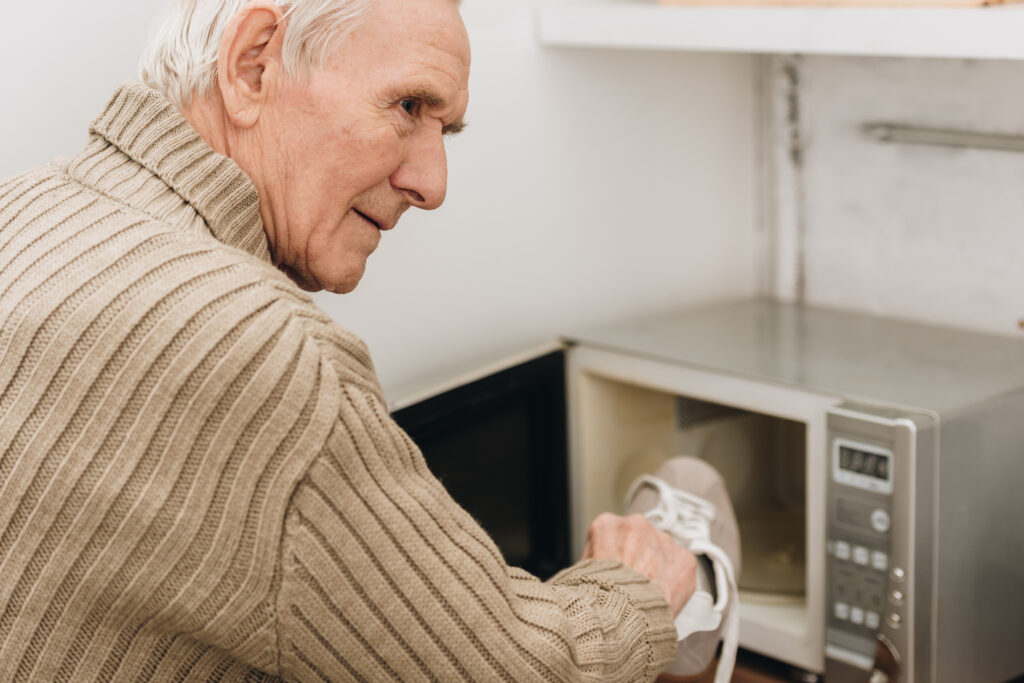Technology is playing a transformative role in Alzheimer’s care, offering innovative solutions to manage memory loss, improve cognitive function, and enhance emotional well-being. Here are some key ways technology is impacting Alzheimer’s care:
## Improving Memory and Cognitive Function
**Virtual Reality (VR) and Artificial Intelligence (AI)** are being used to trigger memory recall and improve cognitive function. VR therapy places patients in familiar environments, which can evoke emotional responses and help them reconnect with their past. AI analyzes personal data like photos and videos to create personalized memory experiences, helping patients remember important life events[1].
## Supporting Daily Life
**Cognitive Assistance Tools** powered by AI help patients remember daily tasks and important events. These tools can also assist in recognizing faces and places, providing essential support for both patients and caregivers[1]. Additionally, **assistive technologies** such as digital reminders and memory aids help seniors manage daily tasks and maintain routines[3].
## Enhancing Safety and Independence
**Assistive Technologies** like GPS trackers and smart home devices enhance safety by preventing wandering and alerting caregivers to potential issues. These technologies also support independent living by automating tasks and providing real-time monitoring[2][3][5].
## Early Detection and Personalized Care
AI is being used to detect early signs of cognitive decline by analyzing speech patterns and behavior. This allows for personalized treatment plans, improving long-term care outcomes[1]. Future AI systems will analyze speech patterns, emotions, and past experiences to create highly personalized memory-stimulating conversations, offering better emotional support[1].
## Future Developments
As technology advances, it is expected to become more accessible and affordable. Innovations like brain-computer interfaces and real-time cognitive monitoring will further enhance memory care, offering new hope for patients and families[1].



